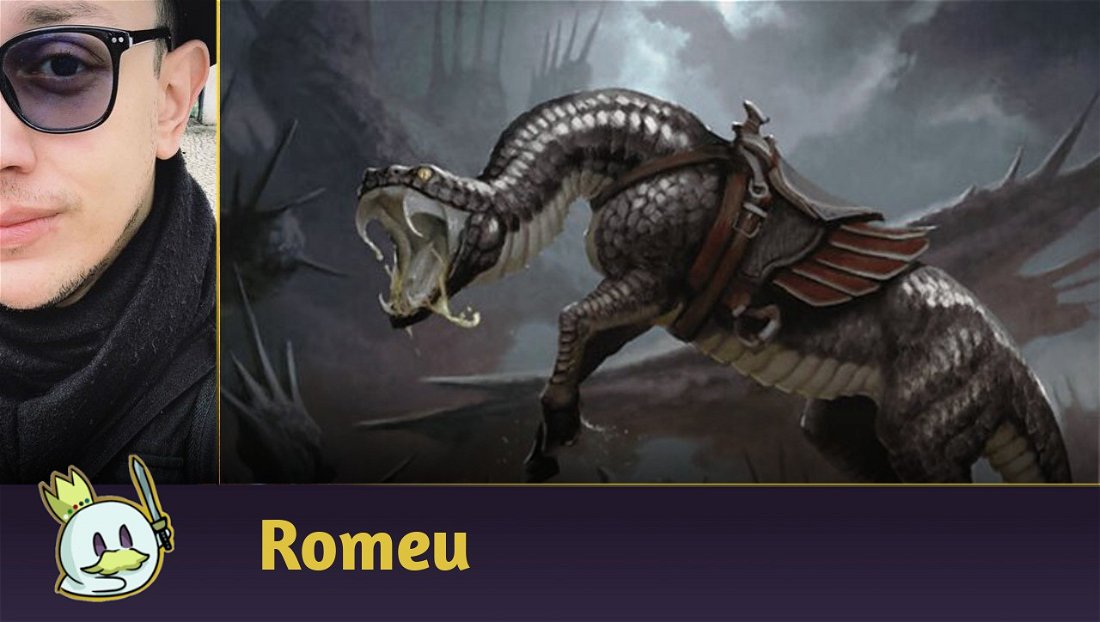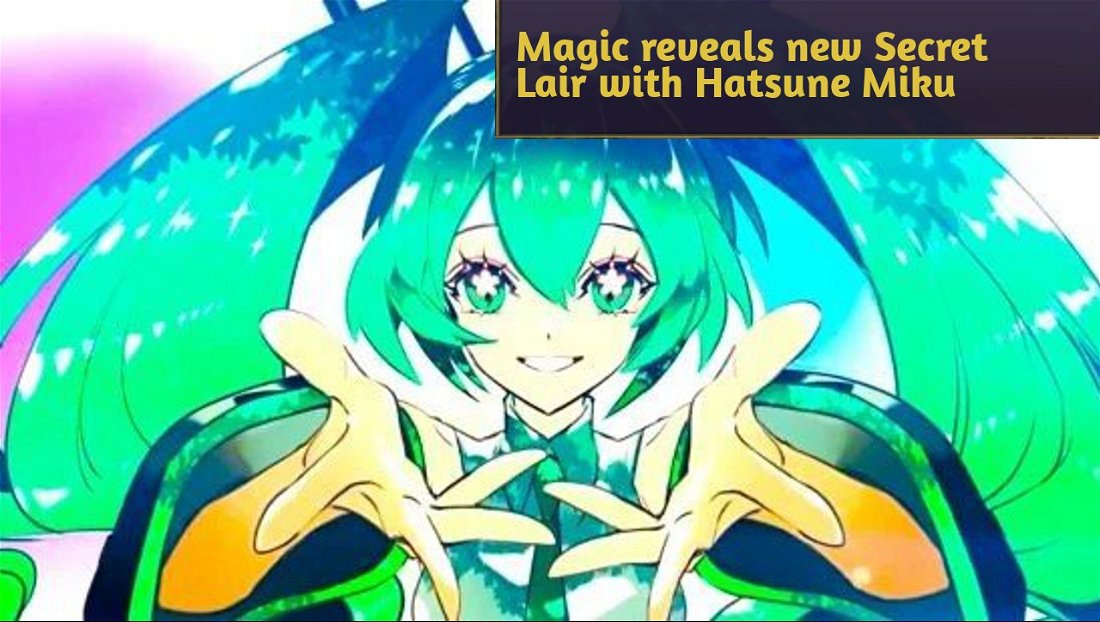The Mana Burn rule had its origins in the early days of Magic: The Gathering, all the way back to the first editions of the game released by Richard Garfield in the 1990s. In those days, the game's mechanics were more straightforward and less polished than modern iterations, and Mana Burn emerged as a logical extension of the game's mana system.
When a player produced more mana than needed to cast their spells or activate abilities during a mana phase, the excess mana became a surplus but not useless resource. Here's where the Mana Burn rule came into play: any unused mana at the end of a mana phase dealt direct damage to the player, reflecting the idea that unchanneled magical energy could be harmful to the wielder.
Over the years, the Mana Burn rule has become a fundamental part of Magic: The Gathering's identity, influencing deckbuilding strategies, tactical choices during play, and even the pacing of matches. However, his presence was not without controversy. While some players appreciated the added challenge and strategic complexity that Mana Burn provided, others saw it as a source of frustration and potentially a barrier to new players entering the game.
As time passed and Magic: The Gathering evolved, the Mana Burn rule began to be questioned. As new mechanics and strategies emerged, their relevance and impact on the game became the subject of debate within the gaming community and even among the game's developers at Wizards of the Coast. This reflection eventually led to the decision to remove Mana Burn from the game's ruleset, marking a significant change in the dynamics and gameplay experience of Magic: The Gathering.
Impact on Player Experience
In terms of strategy, Mana Burn was a constant consideration for players during mana phases. The threat of taking damage from accumulating excessive mana forced players to carefully weigh their gameplay decisions, weighing the balance between using enough mana to cast their most powerful cards and avoiding exposure to Mana Burn. This added an additional layer of complexity and depth to the game, challenging players to think strategically about how to manage their magical resources.
However, Mana Burn also had an emotional impact on matches. The possibility of taking damage directly from excess mana could create moments of tension and anxiety for players, especially in situations where every life point was crucial. This could lead to dramatic moments during matches, where players sought to avoid or take advantage of Mana Burn to gain an advantage over their opponents.
Furthermore, the presence of Mana Burn affected the way players built their decks and planned their strategies. Cards that allowed players to generate large amounts of mana at once could be both a blessing and a curse, as they increased the damage potential of Mana Burn while also providing additional resources to play with. This led players to carefully consider including these cards in their decks and weigh the risks and benefits associated with them.

Ultimately, Mana Burn's impact on the player's experience was multifaceted. While it added complexity and tension to the game, it could also be a source of frustration and uncertainty for players. This duality contributed to the debates surrounding the removal of the Mana Burn rule from Magic: The Gathering, with some players lamenting its loss as an essential part of the game's identity, while others welcomed the change as a welcome simplification that made the more accessible and exciting game.
Removal Decision
The decision to remove the Mana Burn rule from Magic: The Gathering was made by Wizards of the Coast in September 2007, as part of changes introduced to the game's ruleset with the release of the Tenth Edition. This edition marked a significant turning point in the history of Magic: The Gathering, as it was the first time that a fundamental change was made to the game's basic rules since its inception.
One of the main factors that influenced the decision to remove Mana Burn was the growing realization that the rule was becoming less and less relevant and meaningful in the context of the modern game. As Magic: The Gathering evolved and introduced new mechanics and strategies, Mana Burn increasingly felt like a relic of the past, a mechanic that no longer fit neatly into the game's current landscape.
Furthermore, the removal of Mana Burn was also motivated by the desire to simplify and refine the player experience. The Mana Burn rule added an additional layer of complexity to the game, which didn't always contribute positively to player fun or engagement. Instead, it could be a source of confusion and frustration, especially for new players who were already trying to absorb a lot of complex information about the game.
Another important factor in the decision to remove Mana Burn was feedback from the gaming community. As discussions about the relevance and impact of Mana Burn intensified, Wizards of the Coast listened closely to players' opinions and concerns. While some voices in the community lamented the loss of Mana Burn as an essential part of Magic: The Gathering's identity, many others welcomed the change as a positive step towards a more accessible, exciting, and balanced game.
Conclusions and consequences of removal
The removal of Mana Burn further influenced the direction and development of Magic: The Gathering. As the game continues to evolve and grow, new mechanics and strategies have emerged to fill the void left by the removal of Mana Burn, exploring new forms of interaction and strategic complexity.
Additionally, the removal of Mana Burn signaled a broader shift in Wizards of the Coast's approach to Magic: The Gathering design. As the company seeks to make the game more accessible and exciting for an increasingly diverse player base, it's possible we'll see more changes to the game's rules and mechanics to reflect these goals.














— 评论 0
, 反应 1
成为第一个发表评论的人